Note: This article contains Spoilers for Mass Effect 3!
Like many of you, I encountered a handful of emotions following the ending of Mass Effect 3 that I had previously thought were impossible to experience while immersing oneself in the Mass Effect universe. Anger, doubt, frustration, the list could go on. However heated I had been after the credits rolled, I made a concentrated effort not to write a ranting article on sheer impulse, and I just barely succeeded. But now that I’ve had a few days to let it all sink in, the fact that the Mass Effect trilogy has unbelievably but inevitably come to a close and the realization that it didn’t happen in the fashion I had hoped for or wanted, I can say this collectively and objectively – the ending was a complete failure on all fronts, and most of you clearly agree. It is the reason there is currently a massive petition circulating the Internet which intends on forcing BioWare to re-write the ending. It is why a poll on the BioWare Social Network shows that 97% of voters out of a total 11,430 votes are in favor of a more positive ending. It is also why a Facebook page and Twitter campaign #RetakeMassEffect have been created to demand some form of DLC or a patch as solution.
Although a good amount of the rage has been summed up as arbitrary whining by some of the mainstream gaming outlets, I think that many of them missed the point of the outrage entirely. This isn’t about protecting BioWare’s creative integrity as much as it is about pointing out significant and monumental errors in both continuity and storytelling, not to mention that the final 15 minutes of the game shattered every aspect of “choice” and “freedom” that the franchise has come to embody.
First, let’s consider the most obvious reason people are pissed: the plotholes. Oh my, the plotholes. The few that I’ll mention are the ones that stood out most to me.
- How was it that Shepard was able to breathe, let alone talk to the child personification of the Reapers’ creator without a helmet or any equipment allowing him to?
- How did my squad, right there with me in the thicket of battle on Earth somehow end up on the Normandy, which then managed to escape the explosion of a Mass Relay and safely crash land on an unknown planet? For that matter, how did my squad end up on the Normandy in the first place? Joker is a good pilot, no doubt, but we’re expected to believe he just maneuvered his way through massive Reaper forces, extract a few, and then mosey his way on out?
- We learn in Mass Effect 2’s “Arrival” DLC that the destruction of a Relay would effectively destroy whichever system it was located in. Is that not true for the Sol system, which would in turn destroy Earth and make all of your work for naught?
- How is it that Anderson managed to make his way to the Citadel/Catalyst’s control room even though there is seemingly only one way in or out of it – the path that Shepard walked?
- I have seen videos of EDI being in the final squad choice, followed by the player choosing the “Destroy” option which of course meant the end of all synthetic life. Yet, EDI still walks out of the Normandy with Joker and your other squad member at the end of the game.
- Lastly, and this one undoubtedly bothers me the most: How the hell does Shepard, the biggest badass in the galaxy whom has heard time and time again how the fate of all life rests on his shoulders, listen to the options the creator of the Reapers gives him and simply shrug his shoulders and say, “Yep, one of these decisions must be the only way.” Shepard has fought (even died once) relentlessly to stop the Reapers at all costs. He has lost countless comrades and friends and has had to sacrifice a great deal to get to the very point he was at. When he is finally there, when he has reached the climax of this epic conflict, he obeys the options given to him by an enemy he has been aching to defeat? It certainly does not sound like the Shepard we have built and customized over the course of three games. Shepard is a lot of things, regardless of how you personally built him/her, but a subordinate pawn is not one of them.
Putting the major plotholes aside and the fact that all three “choices” yielded almost identical results, I feel that a majority of fans (myself included) are upset for another reason, and to say that it is immature banter demanding that the series end on a “happier” note is in my opinion a total cop-out. Gamers are justifiably pissed because they have come to know and love a franchise that has made its mark on the industry not necessarily for gameplay or storytelling, but for its implementation of morality and a system of choices that affects your personal experience with the product. Two and a half games demonstrated this system exceptionally well. The last 30 or so minutes of what was to be the final, closing chapter in the story utterly shattered it.
The aspect of “player choice” ultimately took a backseat to BioWare’s storytelling mechanics which would have been acceptable had the Mass Effect games not put so much emphasis on this element throughout the series, but they had. They were built on it and became a sole factor as to why such a large fanbase and community had developed around it. You cannot give fans the amount of player freedom and diversity of options you allotted them for 100+ hours of gameplay and then decide at the very end to tell them, “This is our story, we’re telling it.” Mass Effect is not a marvel of storytelling narrative. It is memorable because we were always allowed to forge our own paths to determine the fate of the galaxy as we saw fit. In the end, BioWare did not allow us to do that.
This is precisely where the argument stating, “BioWare can do whatever they want because it’s their creation” becomes invalid. Gamers have paid over $180 assuming they bought each game at launch, more if they bought the DLC. This is not a situation in which a person pays for a $10 movie ticket to see a 120-minute film and then leaves the theater. Fans have spent countless hours within the Mass Effect universe and have dedicated to it a large chunk of time which could have been spent doing something else or playing another game. Gamers have built and nurtured relationships with Mass Effect’s array of deep and multifaceted characters. So much so, that they have become personas, no matter how virtual, that cease to be mere pixels on-screen and instead become a very real individual with whom we’ve interacted with and helped to shape.
This specifically, is why fans have reacted the way that they have. If Mass Effect 3 is truly to be the last in the series, its ending opened up more questions than gave closure. Gamers want to know what happened to the characters that have helped distinguish and define their experience. They want to know what happens to the galaxy that they have fought so hard to bring together and maintain. All of these players have a vested emotional interest in the game’s outcome. The ending, as it currently stands, does not address any of these concerns, and that alone is enough to be pissed about.
I am of the opinion that BioWare got too flashy. They felt the pressure of delivering one of the most anticipated titles in gaming industry and overextended themselves in regards to the ending. I truly believe that a simple, straightforward ending would have been more than enough to please fans and give the series the closure it deserves. You could write days worth of material debating the choices that BioWare should have given gamers at the end of the journey. Let’s say though, that BioWare never even gave players the slightest choice of how to end it. Would fans have been as upset if the ending featured Shepard making his way to the Catalyst, activating the Crucible and destroying the Reapers once and for all? I highly doubt it. This isn’t to say that such an ending would have had to be “joyful” in nature. Through a set of circumstances, Shepard may have had to be the one to sacrifice himself in order to initiate the Crucible. Either way, an ending such as this would have given BioWare room to explore the rest of the galaxy’s story.
Getting the Krogans to make peace with the Salarians was not easy. Forcing the Quarians to play on the same team as the Geth was equally challenging. For players that are able to boast such accomplishments, they should have been able to see the fruits of their labor. During the last battle in London, I wanted to see Krogans making an epic ground assault on Reaper troops. I wanted to have my back up against the wall only to be saved at the very last minute by a Quarian aerial assault. Instead none of those races initially marketed to me as “x-factors” in the war ever amounted to anything. Their support was figurative and never provided anything tangible to the final battle.
Similarly, we have no idea what became of the Turian or Asari homeworld, or the Quarian fleet. Assuming the rest of the galaxy survived, what is the condition and stability of the galactic peace between warring races that Shepard worked so hard to achieve? Furthermore, how will each race go about rebuilding after a war of unprecedented devastation? We visited these stories, helped to impact and influence them, yet BioWare never allows us to go back to them. At the end, we’re left wondering if any of the fighting, any of the sacrifice was even worth it.
So, we’re left with an ending that is vague and ambiguous. One that has caused the masses to take to Internet forums and debate as they try to make sense of the confusing mess Mass Effect 3’s ending left behind. As a result, we arrive at the ME3 ending theory that is as mind-blowing a premise as you will hear in terms of what a video game is capable of doing to its audience. This theory recognized as “The Indoctrination Theory”, which is quickly gaining steam the more it is passed around, states that from the time Shepard was almost hit by Harbinger’s Reaper laser on his run to reach the Conduit, he/she became indoctrinated. The following scenes, from the moment you land face down on the Citadel to the game’s conclusion, are simply hallucinations and projections in Shepard’s mind. The theory claims that the ending scene of Shepard breathing, or in this case, waking up, is him/her actually breaking out of the indoctrination to find himself/herself back on the streets of London amidst the rubble and ongoing conflict once more.
As much as it pains me to say it, there is actually a great deal of evidence supporting such a theory. While some of the points have holes or seem like Mass Effect fans desperately trying to reach for a coherent, logical explanation for what they’ve seen, most of it makes a whole lot of sense. I won’t go into the fine details here, but I implore you to read it. At the very least, it is intriguing material to consider.
Frankly, the plausibility of it scares the crap out of me. Why? Because the only thing worse than that sh***y ending would be to find out later that none of it was real. To emphasize this, I think Brian Griffin said it best:
“So what you’re saying is that what you experienced in the simulation didn’t really happen or even matter. Theoretically if someone watched the events of that simulation from start to finish, only to find out that none of it really happened, you don’t think that would be just sort of, like a giant middle finger to them?”
A colossal middle finger. One that even Ignignokt could not muster.
From a purely practical standpoint, realistically consider the absolutely unprecedented nature of what BioWare would be trying to pull off. They would be taking a monumental risk by implementing a “to-be-continued DLC” in a game that people have waited years to play. Would BioWare truly be bold enough to roll the dice against such a large community?
While many would revel the announcement that it was all a guise, others like myself would loathe it. As much as I love the Mass Effect universe and often find it hard to pull myself away, there are in fact other games to be played, other stories to be started and told. I am the type of gamer who will dump hours into a game following its launch. I find the experience often times to be like a good book or film. Once I’m reading or watching, I become captivated by that respective universe, enthralled by the characters, their predicament and subsequent resolution. Once that process is started, it’s difficult to walk away and then come back to it, so dedicating however many hours it takes to reach the climax is often the only option.
In this sense, even a free “ending DLC” for Mass Effect 3 would irritate me. I played the game, followed it through to its conclusion. I shot The Illusive Man and chose to destroy all synthetic life in the galaxy. If weeks from now BioWare announced that the ending was not the “real” ending, that I had to stop what I was doing and try to re-immerse myself in a game I had already concluded, I cannot say that I wouldn’t find it difficult and altogether asinine. It’s one thing if you want to include a “fake” ending and in turn include the “real” ending on disc. If post-credits, Shepard woke up and it was revealed that there’d be an additional 30 minutes of gameplay to determine his/her actual fate, I would have no objections whatsoever and would gladly see the game to its “real” conclusion. But don’t lead me to believe I just watched one of the most disappointing endings to one of entertainment’s most epic trilogies and then weeks later tell me I have to go back to see the ending the developers intended me to see. In essence, don’t piss on my head and tell me it’s raining.
As I’m sitting here writing this, I sincerely hope that BioWare makes me eat my words and the developer has in fact concocted one of the most astounding storytelling schemes ever seen by any entertainment medium. While I personally would hate the decision, the thousands of gamers who have expressed their disgust in the way Mass Effect 3 ended would jump at the chance to play such DLC. I’m sure they’d even pay for it. The Mass Effect community is a loyal and certainly dedicated one. If the majority of fans cry out for a new ending, there’s no reason not to give them what they want. Hell, we’ve seen it happen before with Bethesda and Fallout 3.
The Indoctrination Theory would help to clarify and largely correct the major plotholes that were opened as a result of Mass Effect 3’s ending. It would explain why the Reaper’s creator chose to manifest itself in the form of the little boy who Shepard repeatedly saw in his/her dreams. It would explain why there appeared to be the dream-like shadowy wisps around The Illusive Man. Tweets from ME3 Producer Michael Gamble telling gamers to “hold on to their copy of me3 forever” as well as from BioWare Community Manager Jessica Merizan posting enigmatic statements in regards to fans “reacting before having all of the facts” are only adding fuel to the theory’s fire.
Should this all be revealed in due time, it would truly be a spectacle of interactive entertainment. A finish that would go down in the books for being the trailblazer and first of its kind. But as a gamer and fan of the series, I wouldn’t hold my breath waiting for it. For me, the narrative was ruined the moment Shepard made his/her run to the Conduit and the plot turned from a straightforward and enchanting piece of Science-Fiction into a jumbled mess of confusion and clutter. That, unfortunately, cannot be aptly fixed in the form of DLC.


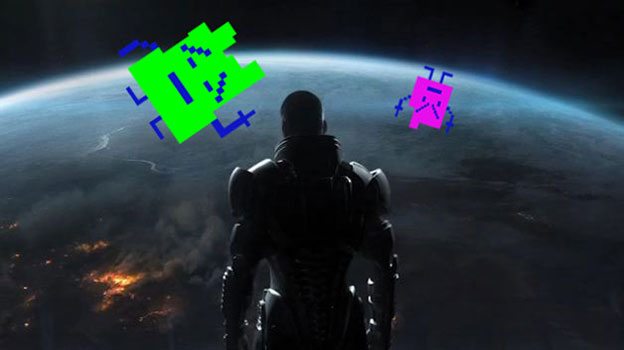


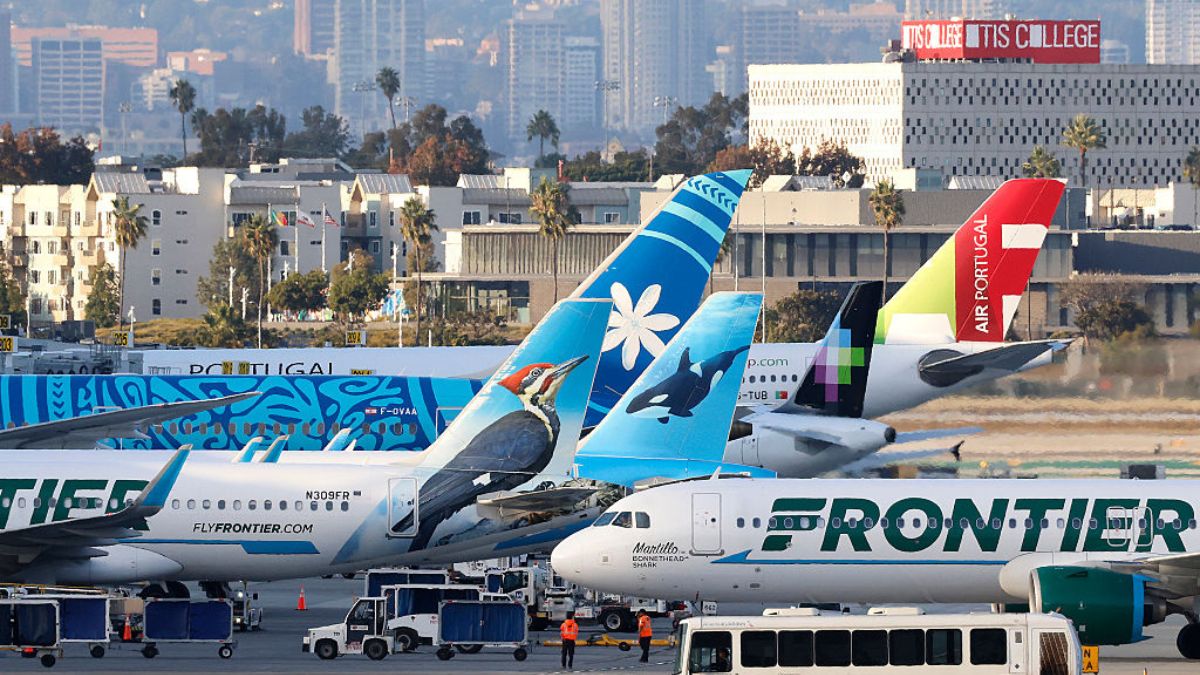


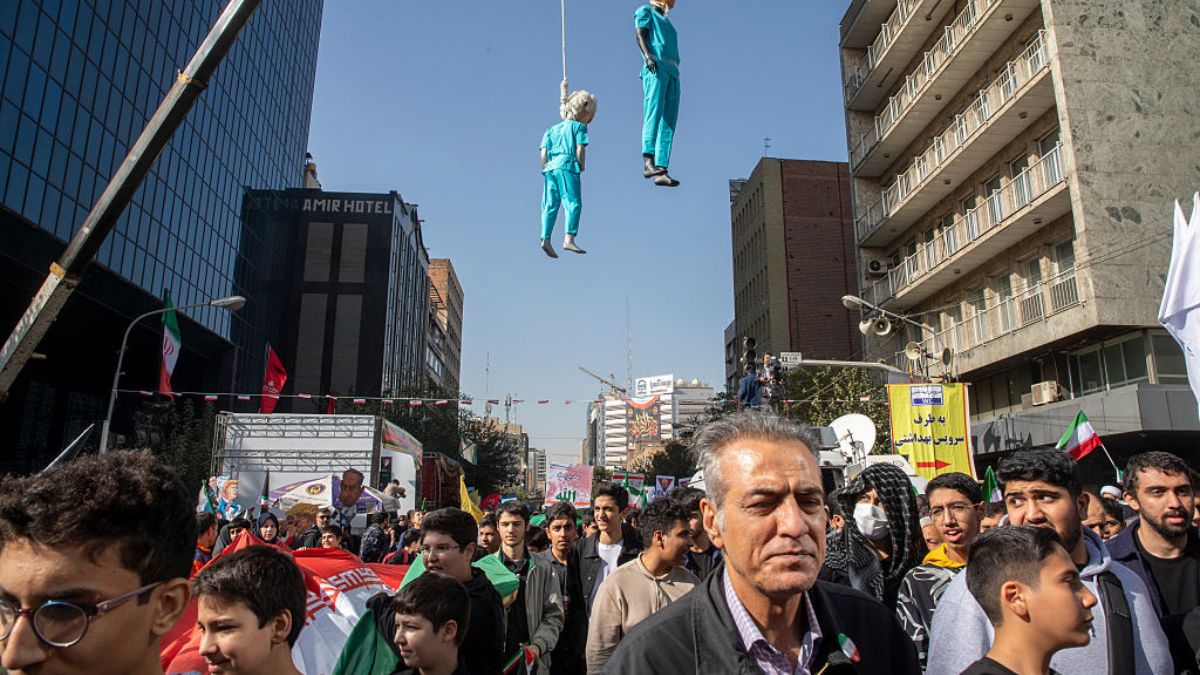
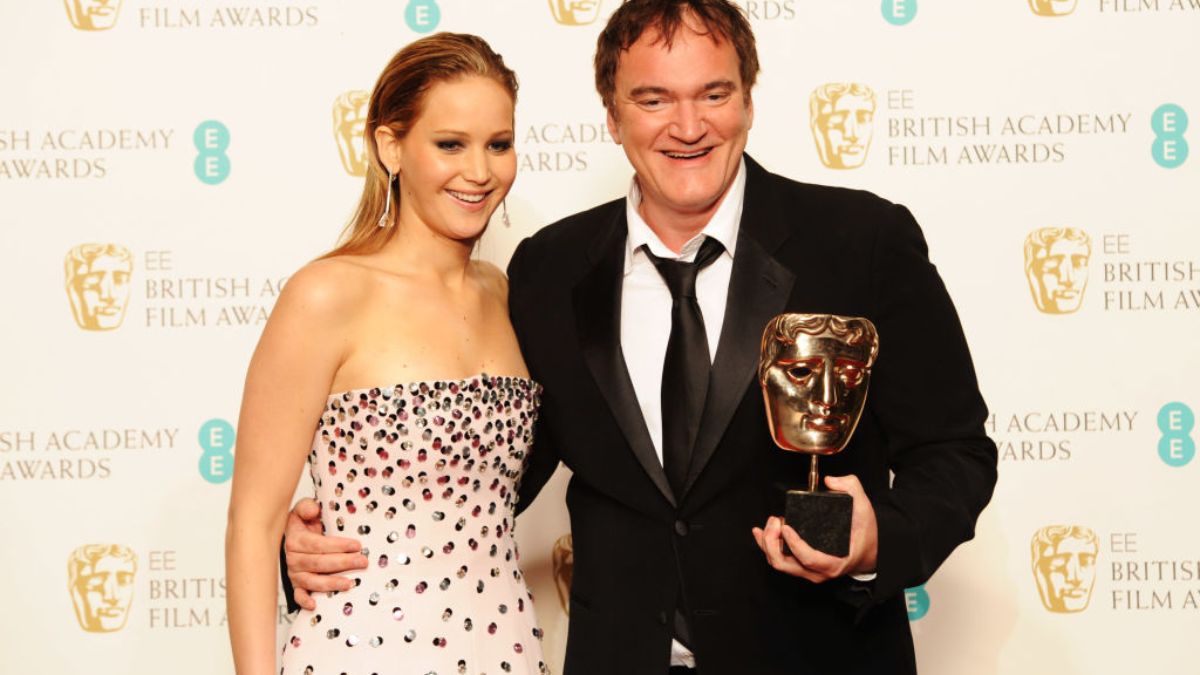
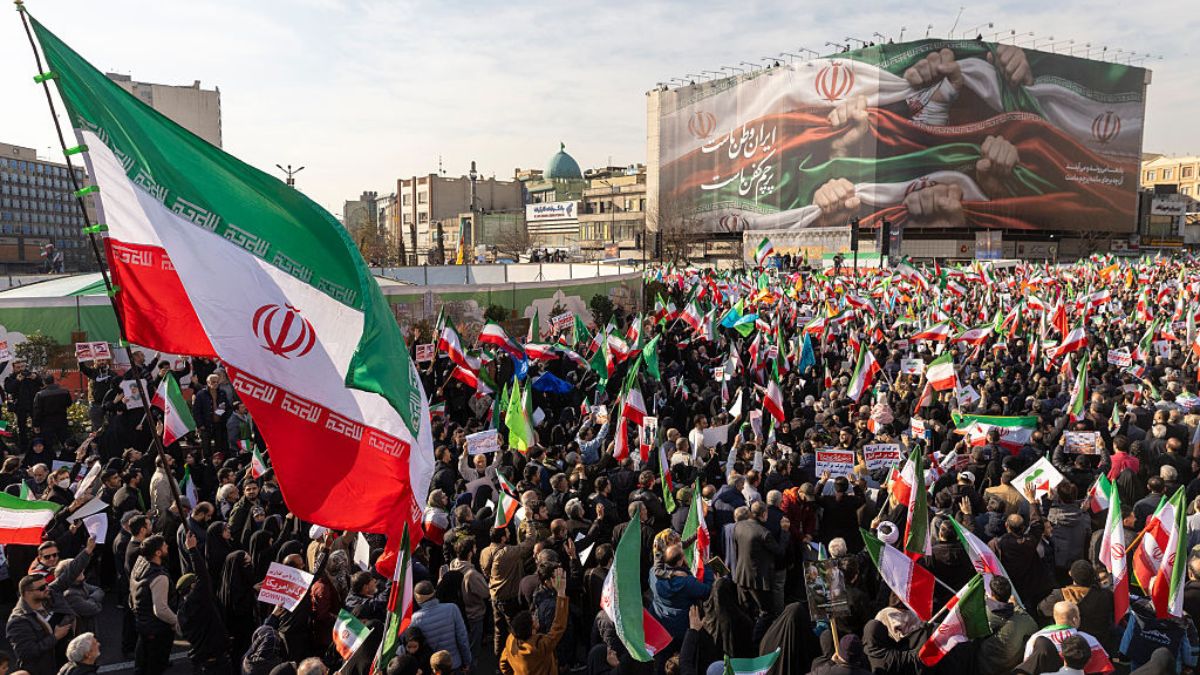
Published: Mar 13, 2012 06:15 am